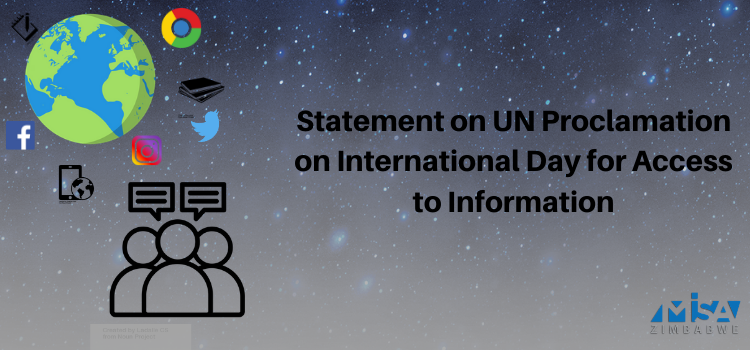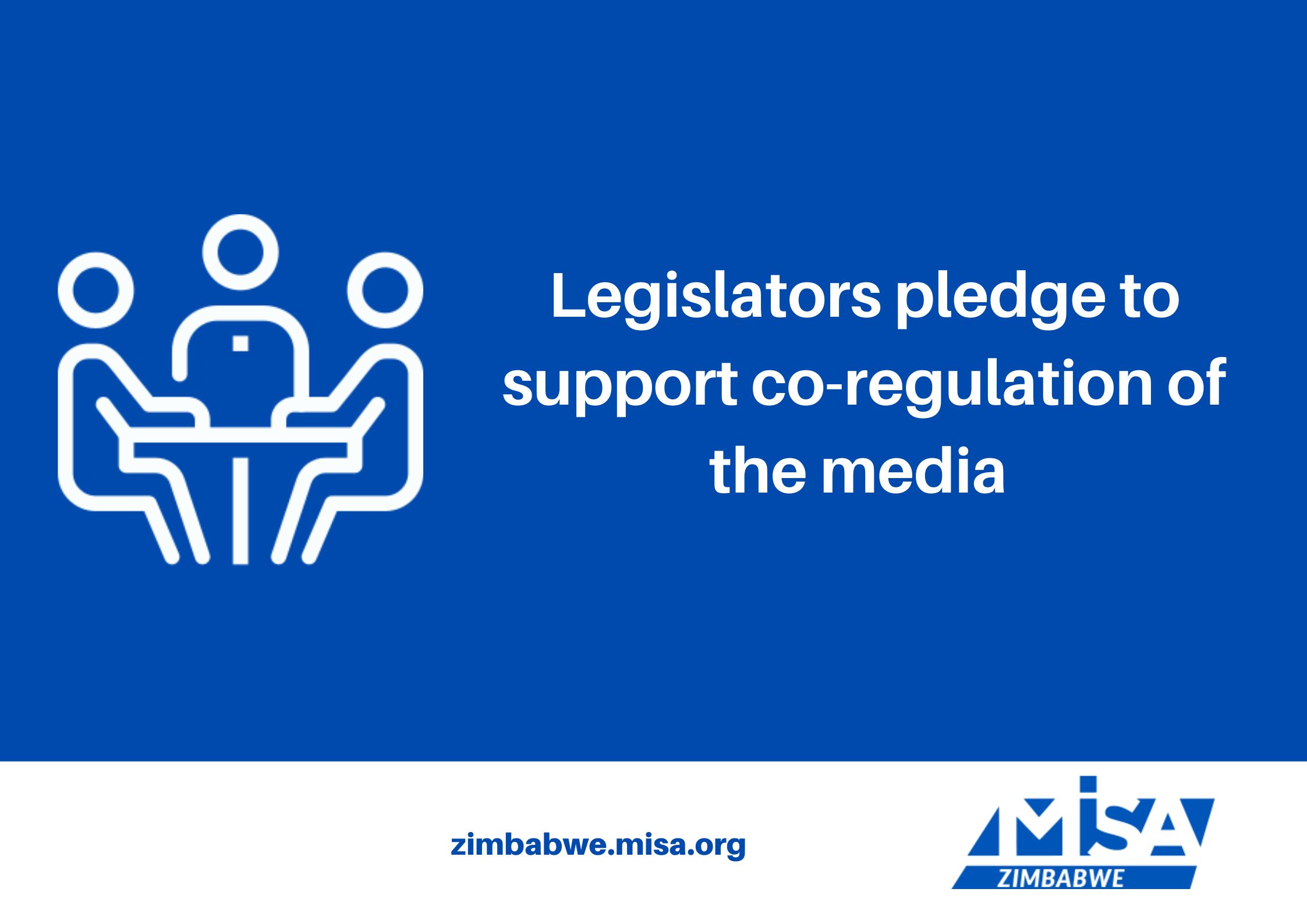The United Nations’ official endorsement of 28 September as the International Day for Universal Access to Information is an opportunity the Zimbabwean government should seize to domesticate international instruments that it is signatory to in its efforts to strengthen the country’s institutions of democracy.
In its Proclamation, dated 30 September 2019, the UN reaffirmed the 2030 Agenda for Sustainable Development and the commitments therein to promote peaceful and inclusive societies to spur development of which access to information is a key ingredient.
This can be achieved by ensuring unfettered public access to information and the protection of fundamental freedoms in line with national legislation, international agreements and best practice.
The proclamation comes at an opportune moment for Zimbabwe which has since gazetted the Freedom of Information Bill and the Zimbabwe Media Commission Bill, to ensure the two proposed laws are in line with the country’s constitutional provisions on access to information, media freedom and free expression.
In domesticating its laws, Zimbabwe should, among others, refer to the Universal Declaration of Human Rights, African Model Law on Access to Information, African Platform on Access to Information and African Commission on Human and Peoples Rights’ Declaration on Freedom of Expression and Access to Information.
This should be viewed in line with Section 34 of the Constitution of Zimbabwe which deals with the domestication of international instruments and states that: “The State must ensure that all international conventions, treaties and agreements to which Zimbabwe is a party are incorporated into domestic law.”
In addition, Section 11 of the Constitution enjoins the State to “take all practical measures” to protect fundamental rights and freedoms enshrined in Chapter 4 (Declaration of Rights) and to promote their full realisation and fulfilment.
It is in that regard that the Media Institute of Southern Africa (MISA), is part of the Working Group (WG) on the Campaign for an African Platform on Access to Information (APAI). APAI is a network of civil society organisations that are working on the promotion of access to information in Africa to achieve the following objectives:
- Adoption of a comprehensive instrument, that advances the right of access to information in all its dimensions, regionally and internationally.
- The recognition of 28 September as International Access to Information Day to serve as an annual event to combine forces in multi-stakeholder advocacy actions.
While the achievement of the key objectives as outlined 10 years ago is a critical milestone, the work has just begun of ensuring that the peoples of Africa enjoy access to information in its holistic dimensions for informed decision making.
Zimbabwe should, therefore, be guided accordingly as it implements its media policy and law reforms by ensuring that the recently gazetted laws or any other proposed laws for that matter are in sync with its own Constitution and international best practice, norms and values.
End













